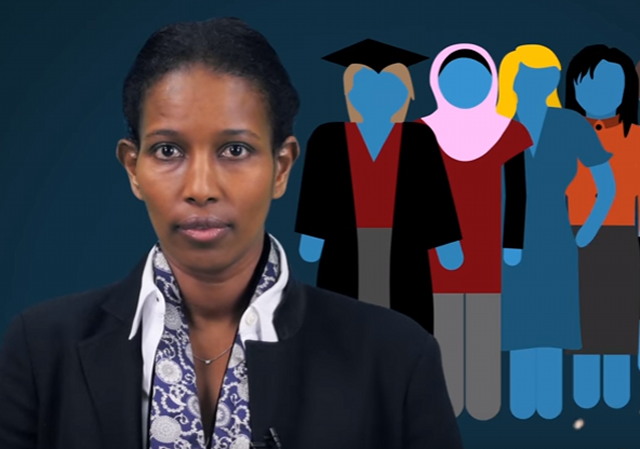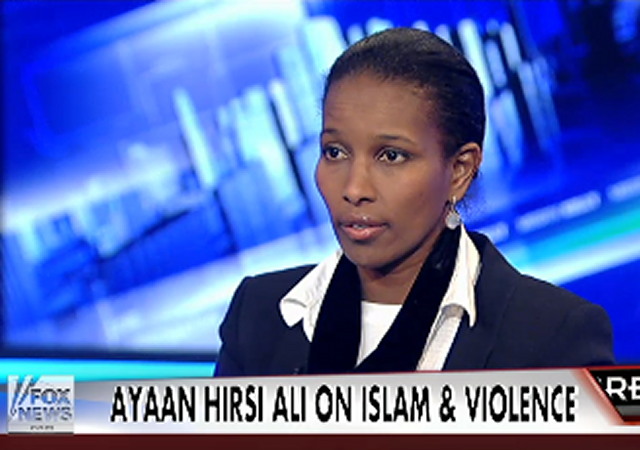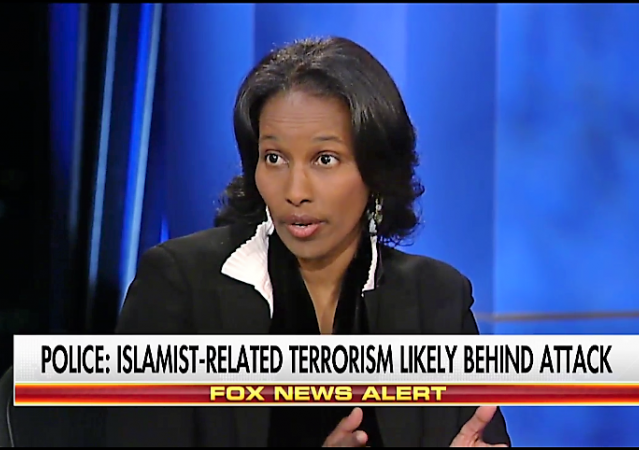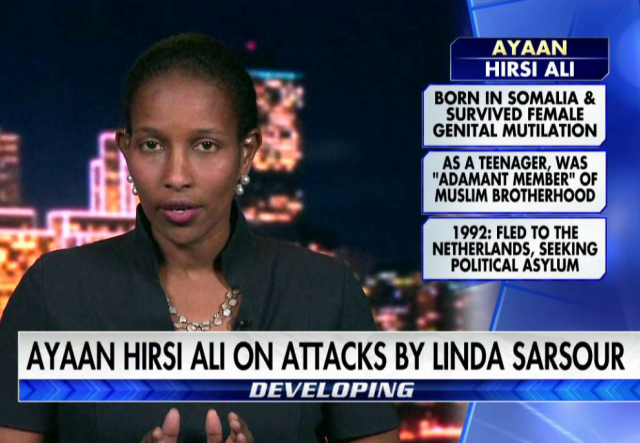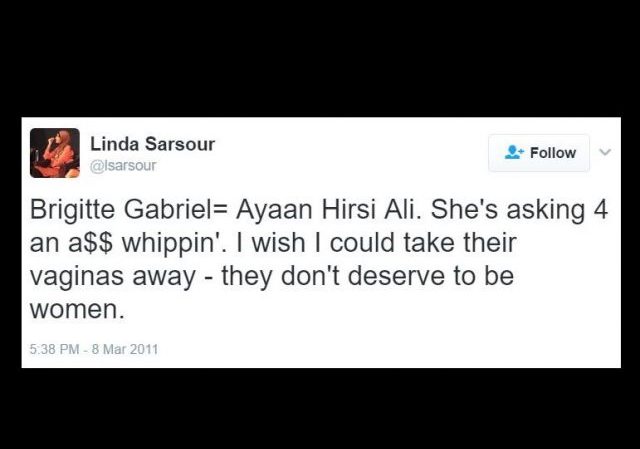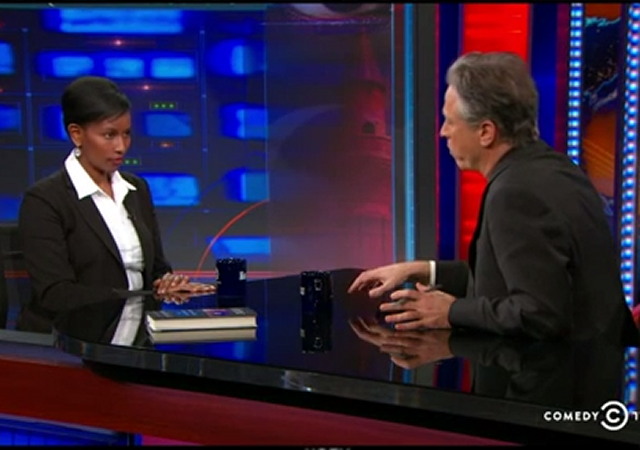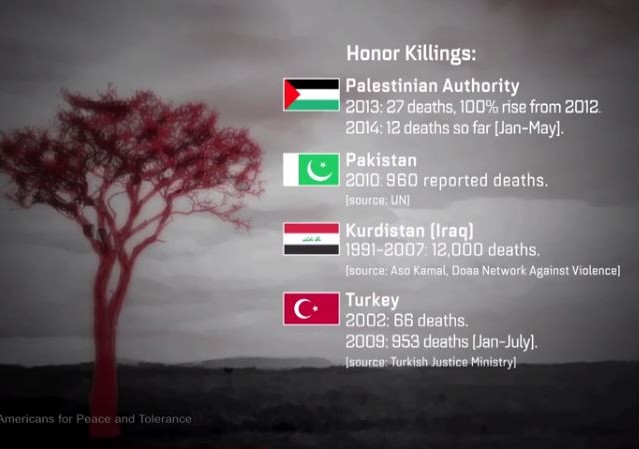The terror attack on Charlie Hebdo this week was a stark reminder that Europe and the rest of western civilization
has a serious problem. As people seek explanations for how this happened and what should be done about it, one voice speaks bravely and deserves attention.
Ayaan Hirsi Ali, the writer and activist who has drawn the ire of many in the Muslim community as well as
American feminists for her defense of women, has written
an op-ed for the Wall Street Journal in which she addressed the attack:
How to Answer the Paris Terror Attack
After the horrific massacre Wednesday at the French weekly satirical magazine Charlie Hebdo, perhaps the West will finally put away its legion of useless tropes trying to deny the relationship between violence and radical Islam.
This was not an attack by a mentally deranged, lone-wolf gunman. This was not an “un-Islamic” attack by a bunch of thugs—the perpetrators could be heard shouting that they were avenging the Prophet Muhammad. Nor was it spontaneous. It was planned to inflict maximum damage, during a staff meeting, with automatic weapons and a getaway plan. It was designed to sow terror, and in that it has worked.
The West is duly terrified. But it should not be surprised.
If there is a lesson to be drawn from such a grisly episode, it is that what we believe about Islam truly doesn’t matter. This type of violence, jihad, is what they, the Islamists, believe.
There are numerous calls to violent jihad in the Quran. But the Quran is hardly alone. In too much of Islam, jihad is a thoroughly modern concept. The 20th-century jihad “bible,” and an animating work for many Islamist groups today, is “The Quranic Concept of War,” a book written in the mid-1970s by Pakistani Gen. S.K. Malik. He argues that because God, Allah, himself authored every word of the Quran, the rules of war contained in the Quran are of a higher caliber than the rules developed by mere mortals.
You can
read the whole thing here.
Ms. Ali appeared on Megyn Kelly's show this week after the attacks.

